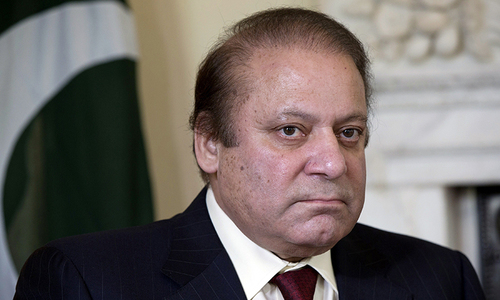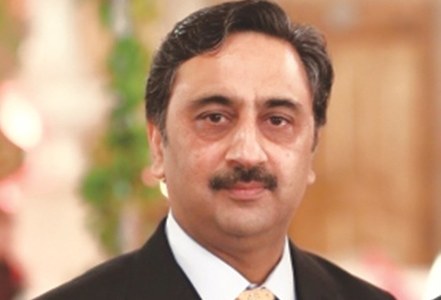Pakistan on Saturday urged the World Bank to fulfil its commitment in regards to the Indus Water Treaty (IWT), reported Radio Pakistan.
The demand was made by Finance Minister Ishaq Dar in a letter to the President of the World Bank Group Jim Yong Kim.
Dar said in his letter that World Bank's earlier decision will seriously prejudice Pakistan's interests and rights under the terms of the Indus Water Treaty of 1960.
The finance minister said the 'pause' proposed by the World Bank will prevent Pakistan from approaching another competent forum to have its grievances addressed.
Dar, in his letter, said the IWT does not allow a party to pause its performance due to the obligations present in the treaty.
The letter also conveyed that the matter of appointment of a chairman for the Court of Arbitration has been delayed, and urged the institution to execute its obligations under the IWT.
Earlier this week, the World Bank on Monday announced a pause in arbitration between Islamabad and New Delhi on the matter of the two dams being constructed by India, calling on both countries "to consider alternative ways to resolve their disagreements".
In the aftermath of rising cross-border tensions following the Uri army base attack and an alleged Indian 'surgical strike', Indian Prime Minister Narendra Modi in November threatened to stop honouring the Indus Waters Treaty and block the flow of water into Pakistan.
India is constructing two hydropower projects on the Chenab River. Pakistan has objected to the construction of the 850MegaWatt Ratle and 330MW Kishanganga hydropower schemes, saying that both projects would have adverse impact on the flow of the Chenab and Neelum rivers.
Both countries had initiated separate processes in the World Bank under the IIWT, with India requesting the body for appointment of a 'Neutral Expert', and Pakistan calling for the appointment of the chairman of the Court of Arbitration.
The World Bank explained the pause saying: "Both processes initiated by the respective countries were advancing at the same time, creating a risk of contradictory outcomes that could potentially endanger the Treaty."
World Bank President Jim Yong Kim said Pakistan and India should look to resolve the conflict mutually and within the bounds of the IWT.
WB urges India and Pakistan to agree to mediation
In November, the World Bank urged India and Pakistan to agree to mediation in order to settle on a mechanism for how the IWT should be used to resolve issues regarding the construction of the two dams along the Indus river system.
The IWT is seen as one of the most successful international treaties and has withstood frequent tensions between India and Pakistan, including conflicts. The bank is a signatory to the treaty.
The treaty sets out a mechanism for cooperation and information exchange between the two countries regarding their use of the rivers, known as the Permanent Indus Commission which includes a commissioner from each of the two countries.
It also sets out a process for resolving so-called "questions", "differences" and "disputes" that may arise between the parties.












































